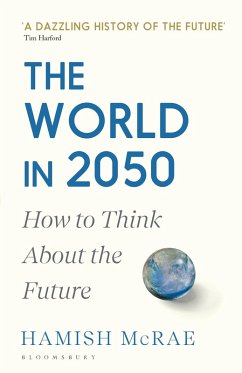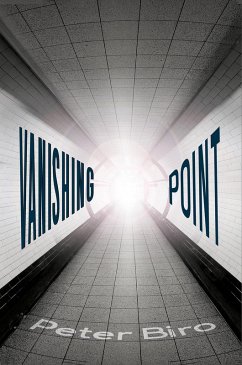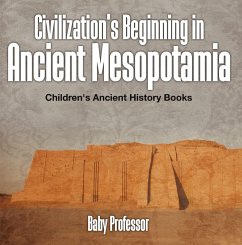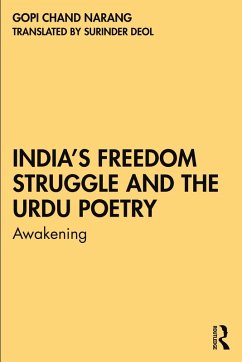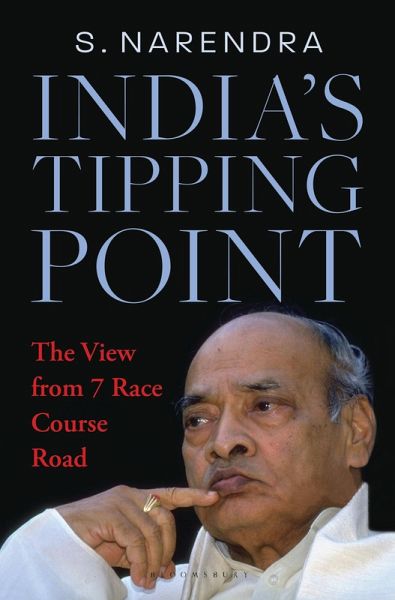
India's Tipping Point (eBook, ePUB)
The View From 7 Race Course Road

PAYBACK Punkte
7 °P sammeln!
In September of 2022, India's GDP crossed that of Britain to make it the world's fifth largest economy. For a country that had been struggling with slow growth for decades, it was a significant moment. The tipping point-that moment when a process of change is initiated which will transform how we think, behave or live-came in the summer of 1991 under the leadership of someone considered the person least likely to launch such a change. The government of P.V. Narasimha Rao, who had just turned 70, announced a series of measures that have today placed India among the top economies. This was not a...
In September of 2022, India's GDP crossed that of Britain to make it the world's fifth largest economy. For a country that had been struggling with slow growth for decades, it was a significant moment. The tipping point-that moment when a process of change is initiated which will transform how we think, behave or live-came in the summer of 1991 under the leadership of someone considered the person least likely to launch such a change. The government of P.V. Narasimha Rao, who had just turned 70, announced a series of measures that have today placed India among the top economies. This was not all. The five years of his prime-ministership, from 1991 to 1996, were marked by several other changes whose impact continues to be felt. Alongside devastating events like the Babri Masjid demolition and tackling bitter politics in a divided Congress party. S. Narendra was a close associate through this period and sheds light on many key events and the internecine rivalries and politics that Rao had to counter to be able to function. He was a cog in the wheel of bigger things but perfectly placed to see what happened in the grey area between policy-making, administration and politics, and to explain, at least in part, the actions of the man at the centre of it all. This is a first-hand, indispensable account of history in the making.





